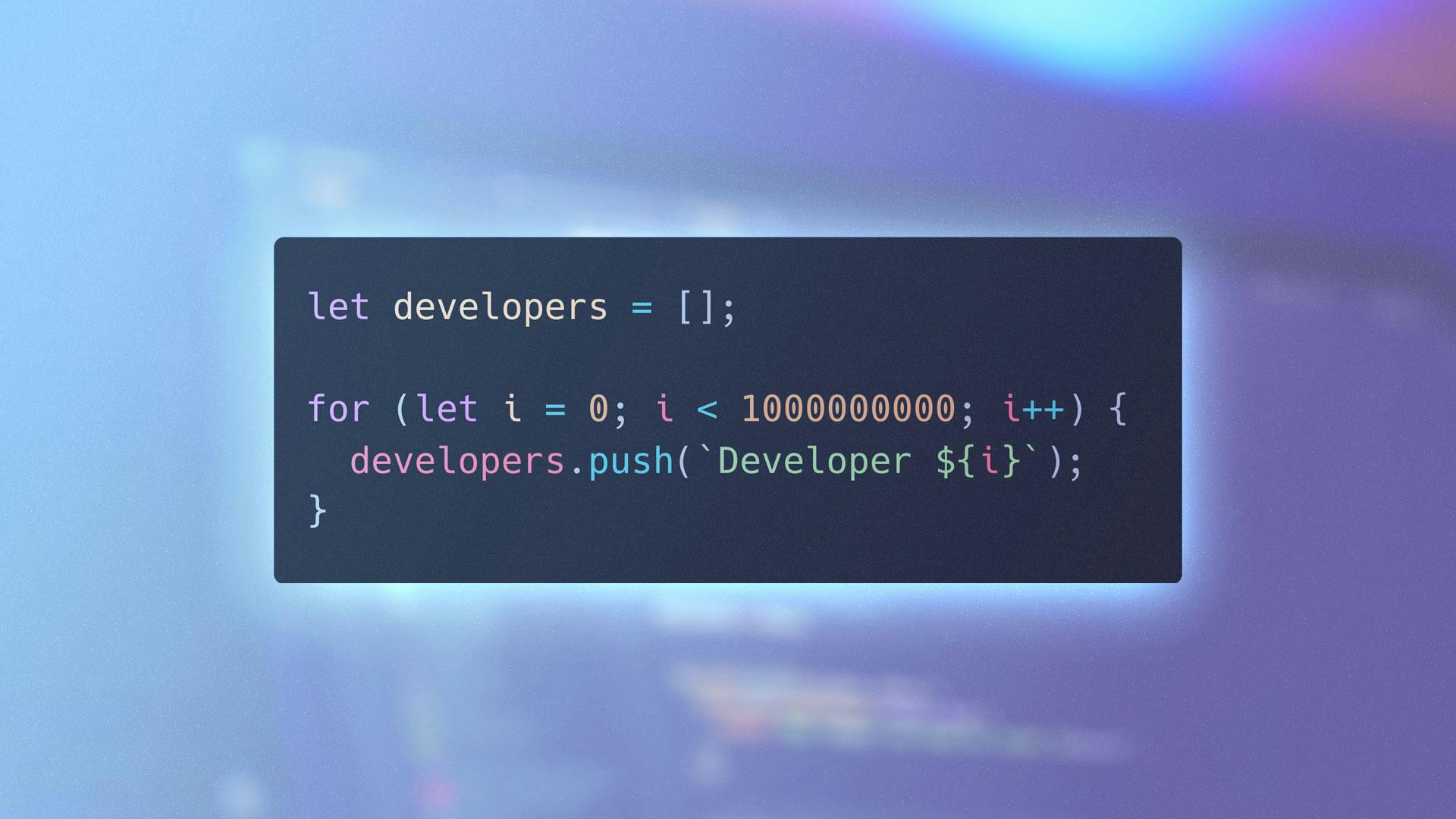AI has transformed so many aspects of programming, with IDE-integrated code assistants now capable of building complex projects from simple prompts.
While AI makes it easier for newcomers to dive into coding, could it also hinder their learning by encouraging them to rely more on the quality of their prompts than their programming knowledge and skills.
AI-based tools like GitHub Copilot promise to make developers more efficient by automating repetitive tasks and offering real-time suggestions. Critics say that these models produce poor quality output due to the huge volumes of poor quality code they were trained on.
This begs the question, are we actually becoming more efficient, or just better at generating bad code?
AI and one billion developers
Traditional programming required a deep understanding of syntax, logic, and problem-solving skills. But AI is introducing a new dynamic, enabling software creation through natural language, lowering the barrier to entry. GitHub CEO Thomas Dohmke said that because of this, we will one day see a world where there are one billion people working as developers.
While this kind of technology simplifies coding for a wider audience, it also raises two key concerns: it may make it easier for people with little technical knowledge to build software, and it could hinder their learning process by encouraging them to be overly-reliant on generative AI prompts and tools.
Let’s be clear, though, these tools are extremely useful. Autocompleting code or generating complex solutions from simple prompts certainly boosts your productivity, and enables developers to create projects with minimal technical knowledge.
While this is beneficial for increasing accessibility and accelerating development, the trade-off is that the content generated may lack the depth and understanding that an experienced developer would bring. If the majority of code is generated with minimal expertise, the resulting output could be indexed by AI models, further degrading the quality of suggestions over time.
Quality vs. Efficiency
AI’s role in programming does not come without challenges.
While these tools make it easier and faster to write code, they often overlook the importance of context - how a solution fits within the broader structure of an application.
This issue becomes more prominent as developers start relying on AI to handle complex tasks without fully grasping the intricacies of the codebase. The risk here is that while AI makes us more efficient at producing code, it may be the wrong kind of code.
Without critical thinking, developers may generate solutions that aren’t scalable, maintainable, or well-integrated into the overall system, purely because they’re fixated on speed above all other factors.
A Balancing Act
One of the biggest concerns with AI-based tools is the potential harm they might cause to the learning process. As these tools handle more of the repetitive work, developers—especially beginners—may bypass the problem-solving and debugging skills that are essential for deep understanding, and in process, bypass the deep understanding part, entirely.
Relying too heavily on AI to generate code could prevent newcomers from developing a true grasp of the underlying principles of programming. The ease of using AI might lead to bad habits or shallow knowledge, which would be detrimental in the long term when faced with complex, real-world coding challenges.
Syntax matters
For students and early-career developers, AI can be an essential learning resource, enabling them to solve problems without the pressure of memorising every syntax detail. In many cases, we use snippets from the docs rather than writing boilerplate code, so this is just another way to get this code, right?
Well, we’ve all experienced a hallucinating AI telling us our function should work when it doesn’t, because it’s working off of old information. AI can suggest false or outdated resources, and solutions that work in the short term may fail in the long term. As a result, human oversight remains necessary to ensure the quality and sustainability of the code.
Conclusion
It’s easier than ever before for anybody to write code, and that’s something that should be celebrated. AI tools enhance productivity and offer valuable support for both novice and experienced developers.
However, this convenience comes with drawbacks, with us risking an over-reliance on AI-generated solutions stifling learning, and hindering developers from mastering the fundamentals of programming.
While AI may speed up development, it sometimes sacrifices code quality and long-term security and maintainability. The key to navigating this shift lies in balancing AI’s efficiency with a deep understanding of programming principles, and using AI as a supplement to, not a replacement for, our own knowledge and skills.

For those intrigued by the ongoing discussion about AI’s role in programming, Thomas Dohmke’s session alongside Demetris Cheatham offers further insights into whether AI truly makes us more efficient—or just more efficient at writing bad code.











